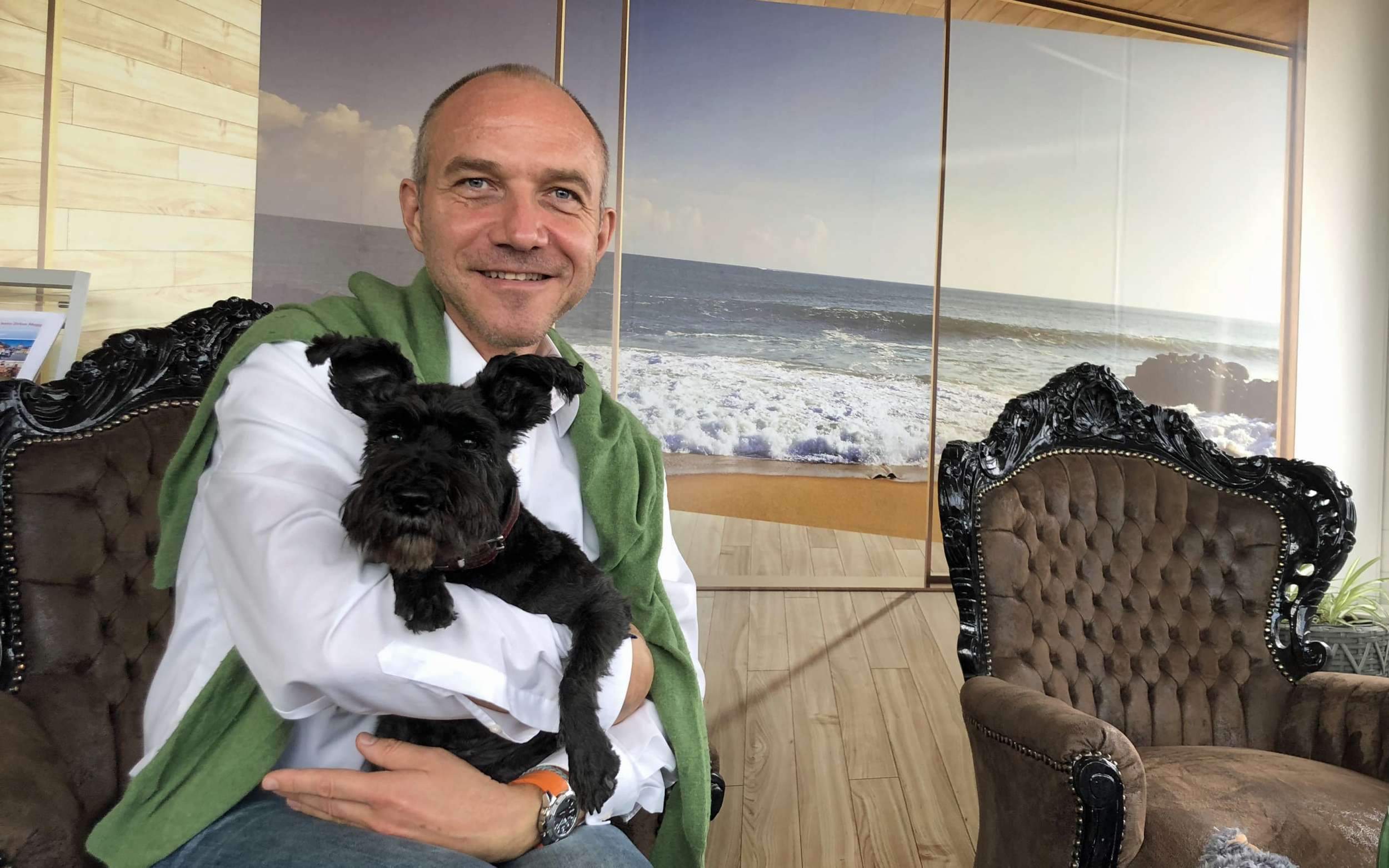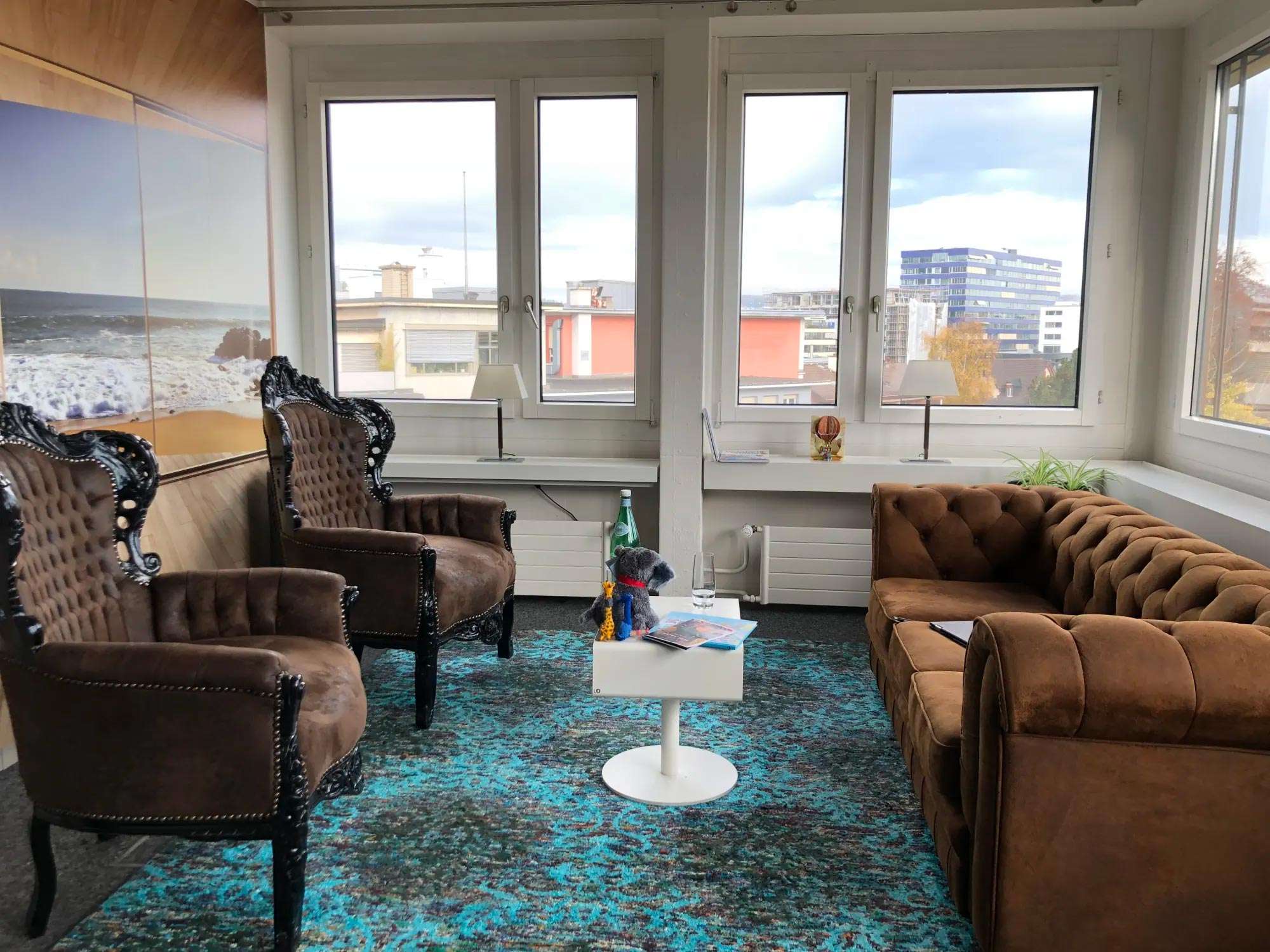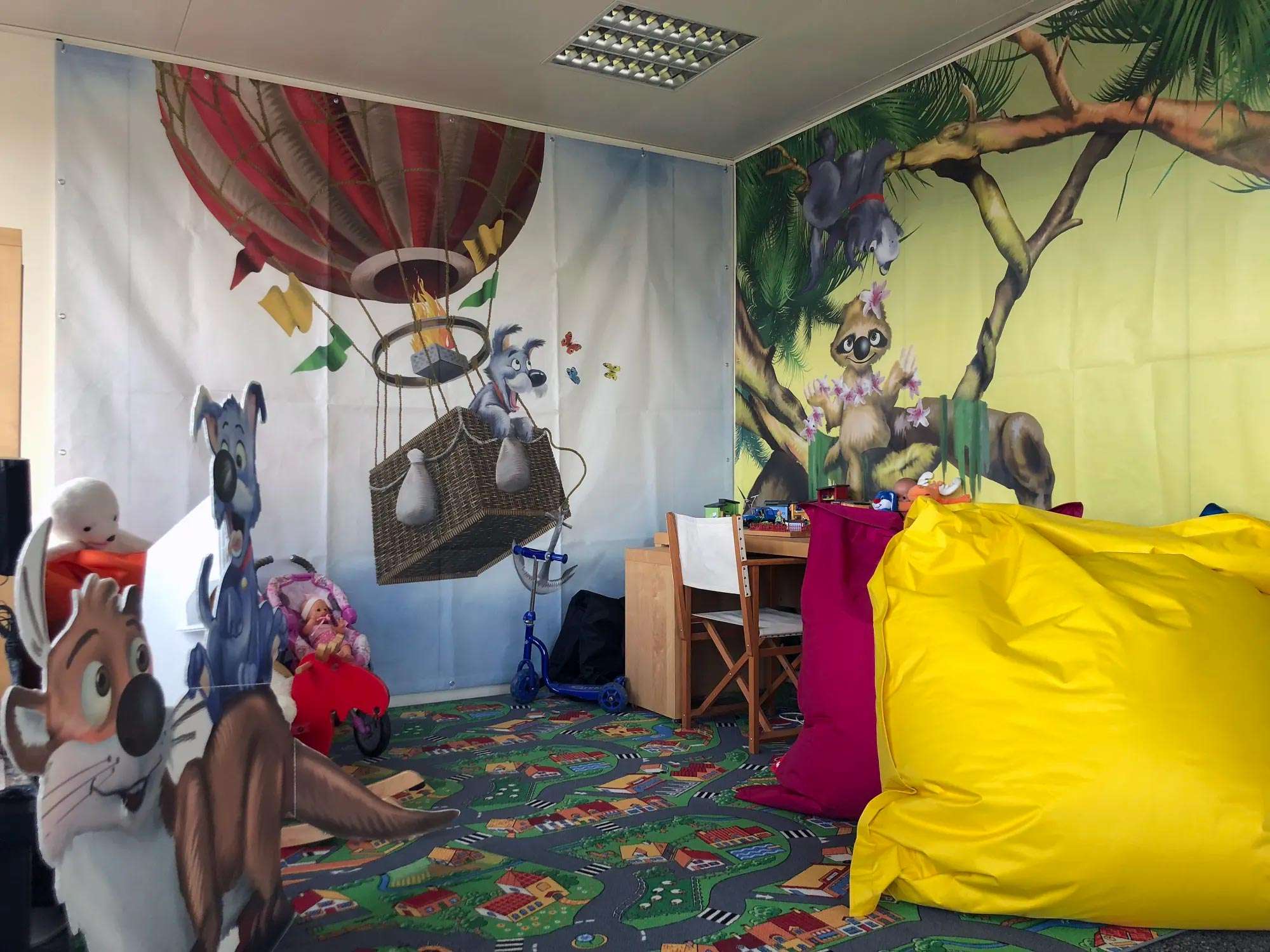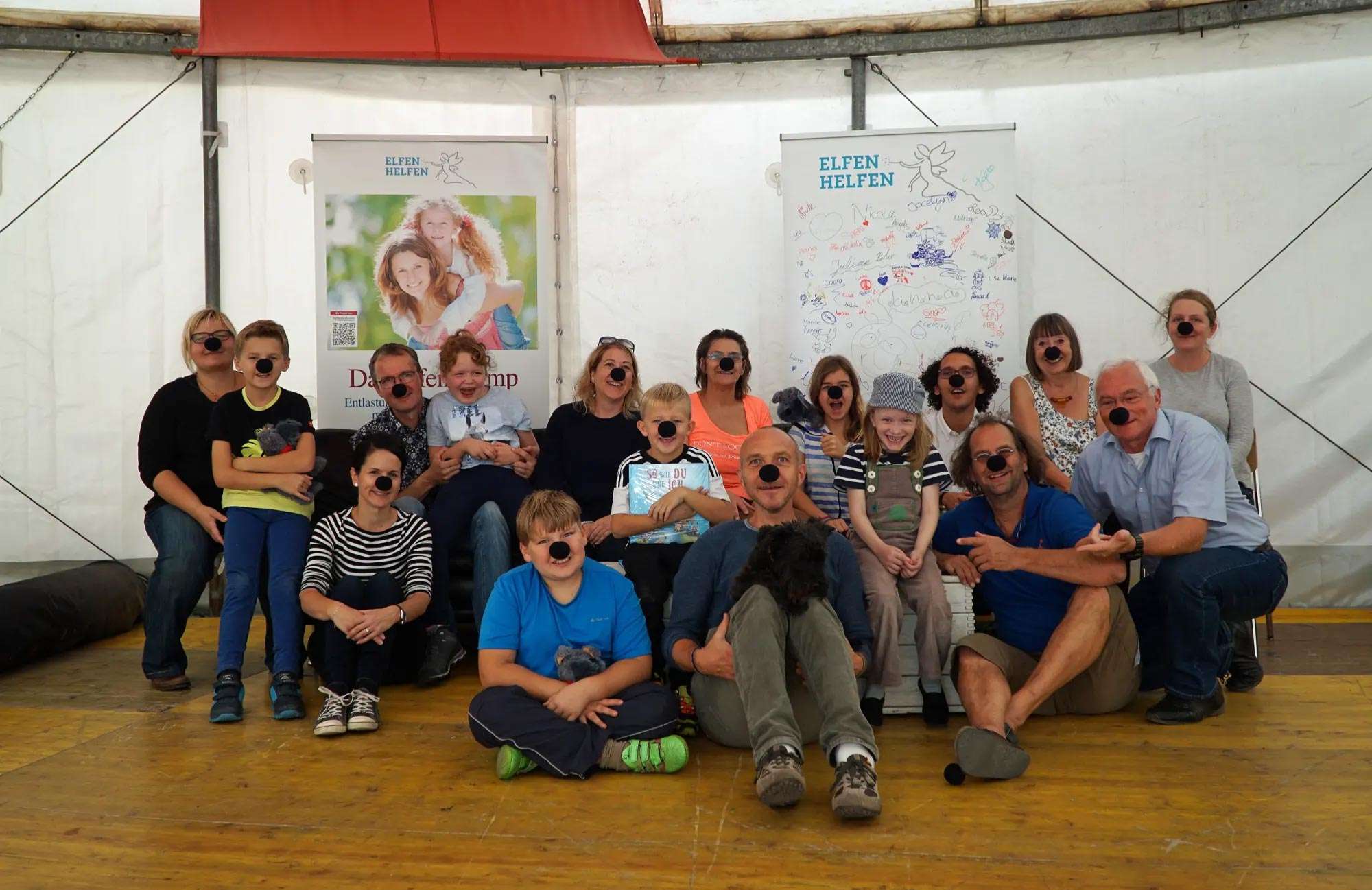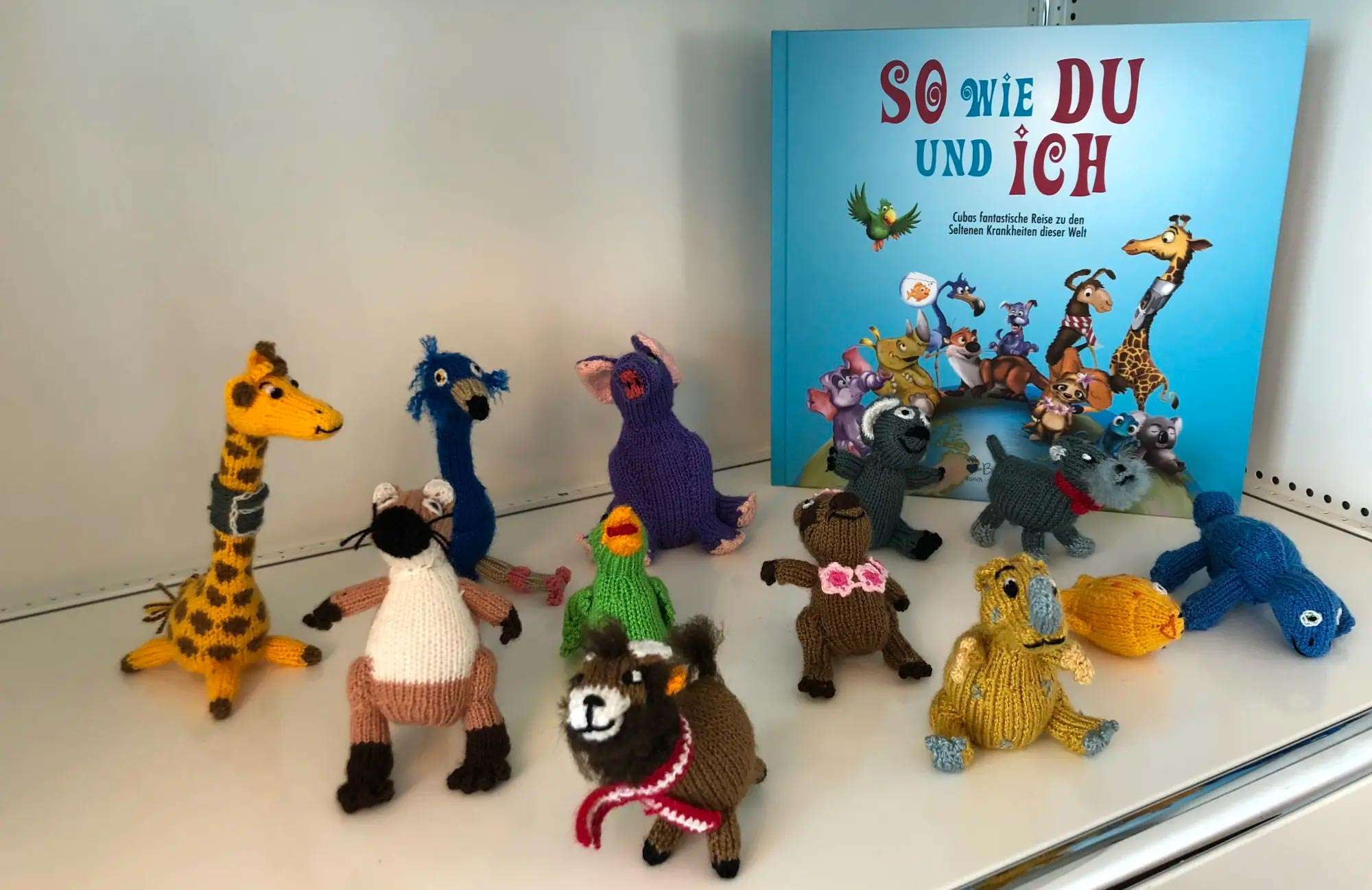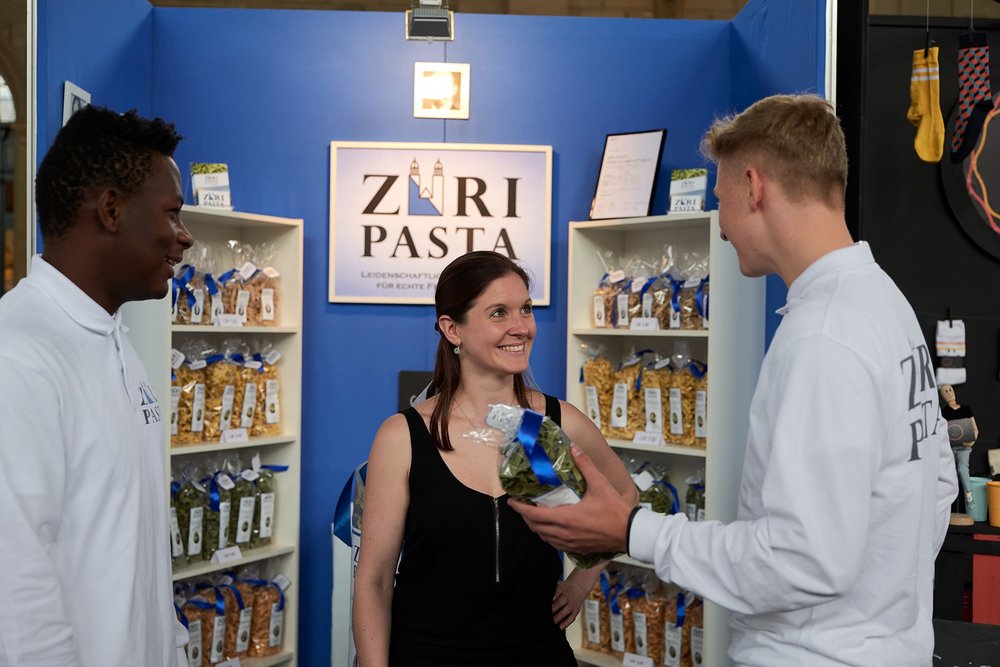Story Detail
A new perspective: Here and now
Around 7,000 diseases are classified as rare according to the European definition. Rare means that fewer than five people in 10,000 suffer from the disease. Children are the most commonly affected. Frank Grossmann explains the sad truth that: «If a child is diagnosed with a rare disease at birth or in early childhood, it is often life threatening». He himself was diagnosed with cancer at the age of 12. «I had a very rare form of lymph node cancer and had to undergo two chemotherapy treatments over four long years. I was treated with medicine that was actually meant for adults». An occurrence that is characteristic of the complexity of rare diseases. Because the number of people affected is small, research, medicine and industry dedicate little attention to developing medications and treatments. There is also a corresponding dearth of expert knowledge. The lack of experience makes diagnosis more difficult – a process that is already protracted and stressful for families. «In addition, there is often a lack of adequate medication and treatment options.» Of 700 «orphan drugs» that exist around the world, only around 250 are approved in Switzerland. «And they are expensive. So expensive that they are not always covered by health insurance or social security,» says Frank Grossmann pointedly.
His foundation Orphanhealthcare aims to promote networking and increase knowledge within the sector, form collaborations and, above all, provide the missing direct support to children and parents. Many rare diseases have genetic causes, such as metabolic disorders and immune deficiencies. Or nervous system disorders and musculoskeletal disorders. Then there are auto-immune diseases, rare infections, lung diseases, blood diseases and tumours. A diagnosis with one of these conditions puts many parents in a state of emotional shock – and raises a lot of questions. «My diagnosis was traumatic for my mother at the time,» Grossmann recalls. Grappling with the reality is extremely difficult and often makes people lose hope. Parents look for answers, and some of them feel guilty. At the same time, they are fighting for their child’s recovery every day. «We want to help these families tackle daily life and give them a new outlook. Our aim is to help parents and children restore and maintain a good quality of life, and with it a life-affirming perspective. The time they spend with their children is valuable and, in many cases, limited. What matters most is the here and now,» affirms Grossmann.
He and his team recently began working at the former Siemens site in Zurich. The building is wheelchair accessible. The tram stops right in front of the building and the nearest motorway is close by. Easy accessibility is especially important as many of the children have limited mobility due to physical impairments. The offices and the «Point of Care for Rare» consultation centre are located on the fourth floor. The reception area features wallpaper with a tropical rainforest design, a hammock and brightly coloured bean bags that offer an inviting place to relax. There is a kids’ corner with toys, art supplies and books for the young patients. «We want to create an open, friendly atmosphere where children and their parents feel at home. Swiss Prime Site has provided us with the space for our offices and consultation centre,» recounts Grossmann with delight. Here, he and his colleagues – who either volunteer for the foundation or are part of an occupational reintegration programme – support families seeking help.
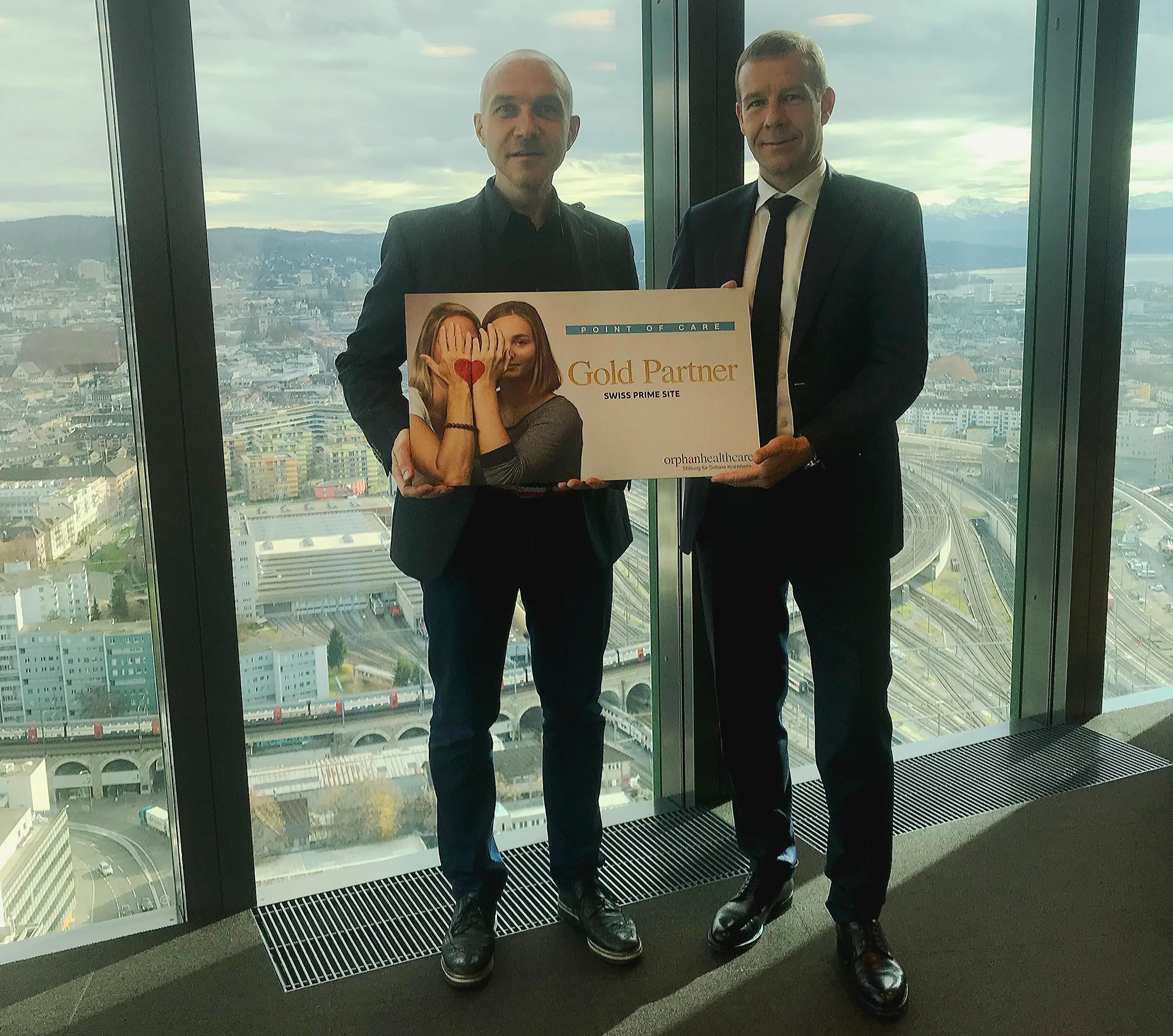
The «Point of Care for Rare» is full of large cardboard cut-outs of exotic animals. «They’re from our book! It’s called «So wie du und ich» (Just like you and me) and it follows the Miniature Schnauzer «Cuba» who travels the world and meets animals who suffer from rare diseases,» explains the foundation’s founder. Using playful but clear imagery, the book intends to educate healthy children and offer encouragement to children suffering from rare diseases. «It's also a way to try and raise public awareness of the issue. Another method is the BLACK NOSE campaign,» explains Grossmann. Together with the families affected, he organises concerts and fundraising initiatives such as golf tournaments and charity events attended by celebrities and figures from business and politics.
The most normal daily routine possible and integration into society are necessary for both the recovery and mental health of the parents and children affected. Orphanhealthcare supports families by providing respite days offering the children unique experiences in special locations and by bringing affected families together. «The children know they are different from their peers, that they can’t do everything «normal children» do. Which is exactly why they are in a position to accept and deal with their circumstances,» assures Frank Grossmann. «They approach life differently to adults. They make the most of every moment. They should be able to enjoy this time. Together with their families. With laughter in their eyes and a smile on their face.»
We offer perspectives
Swiss Prime Site supports the Swiss Orphanhealthcare foundation in the form of a sponsorship programme. We provide Orphanhealthcare with the space for its offices and the «Point of Care for Rare» consultation centre in our property on the former Siemens site in Zurich. Here, affected children and families receive direct help in the form of advice, coaching, respite offers and integration support.
